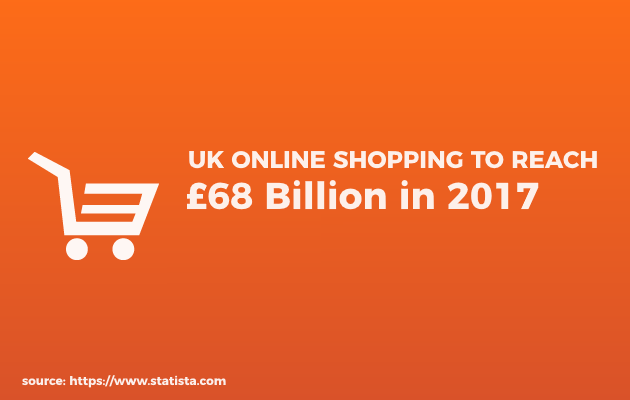The internet is now firmly established as the foundation of business communications and the importance of having a website is an undisputed fact for businesses of all sizes. But how exactly does a website help a business and to what extent will an online presence be able to help a company increase its sales? Here is an outline of some of the key advantages that websites bring to small to medium enterprises, an explanation of why online marketing is crucial to a website’s effectiveness, plus an introduction to the current state of the online retail industry in the UK.

Websites are the main drivers of business in the modern age. For a company, even a small start-up, to not have any kind of web presence is unthinkable. The majority of people use the internet first and last when it comes to researching new things to buy or services to spend on. A company without a website has no chance against its competitors. However, there are other ways that a website can help a company.
One of these is in the way that a website can boost a company’s availability. A website is open 24 hours a day, seven days a week. No customer services department can compete with that kind of accessibility. As long as your company has a functioning website, potential customers or clients will be able to find out what your company does, where you are based and how you can be contacted. No website equals no information and no sales.
Websites help companies to build relationships with their customers, and this is why it so important for websites to be regularly updated and maintained. Nothing looks worse than an out of date website, suggesting as it does that the company is out of touch, or worse, out of business. For this reason, small to medium companies should value their website as an integral part of the marketing mix, and invest in it accordingly. A member of staff who is dedicated to maintaining the website can make sure that its content is regularly refreshed and updated. This way, you can be assured that you will not be overtaken by competitors when it comes to addressing your customers concerns in a timely fashion.
Similarly, giving your company’s website a complete overhaul every two to three years will ensure that it always looks up to date and relevant, using the latest features and functionalities that customers expect from a competitive firm.

Having a great website does not necessarily mean that your company will be ahead of its competitors. It is important that people can access your website easily. This means making sure that your online presence is at the centre of your business’s marketing mix. This can be achieved by various means, including an astute use of search engine optimisation (SEO) and an active engagement with social media platforms like Facebook, Twitter, Google+, and for business-to-business communications, LinkedIn.
Such tactics are now at the centre of online marketing, and SEO in particular can be a challenge for the uninitiated. As with any aspect of business expertise, it pays to get the right advice and employ the skills of specialists. Online marketing agencies and web design firms are able to create marketing campaigns dedicated to ensuring that your business, and its website, stays ahead of the game and reaches the areas it needs to. When it comes to choosing an agency for the website’s design and build, it pays to factor in an ongoing marketing strategy from the outset.

The importance that a website has to a company’s chances of increasing its sales is emphasised by the current state of the retail industry in the UK. An independent study for 2016/17 puts e-commerce as the fastest growing retail sector throughout Europe. More and more UK consumers are choosing to do their shopping online, rather than on the high street, as can be clearly seen in the latest research. In 2017, UK online shoppers are expected to spend a whopping £67 billion!
The current estimate for the UK is that e-commerce represents 21% of the total retail market, and this figure is only going to increase in the future. As a result, all retailers and service providers need to ensure that their online presence is not only fully-functional, but appealing, distinctive and easy to access.